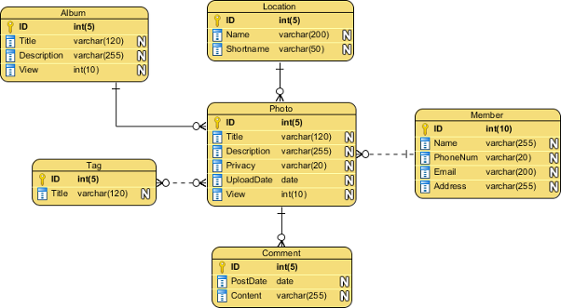Yazata
Valued Senior Member
In short, you're just making the obvious statement that people are observed to reason logically about certain things. I wouldn't have thought that was a very earth-shattering observation; it seems obvious to me. But at least we got there in the end - and only 50 posts into the thread.
If that's Speakpigeon's proposed program, then I can see a potential difficulty.
People think in all sorts of ways. Some of those ways are logically valid and even sound, while others (like the thought process of a schizophrenic) are almost the antithesis of logical. Some ways aren't exactly logical but may have what we might judge are other valuable qualities, such as literary narrativity or poetic allusion.
The point being that there's a normative/prescriptive aspect to logic that simple empirical observation and descriptive modeling of real life thought processes doesn't seem to me to capture.
So ... speculation: you're looking for an empirical science that studies how people reason logically? You're aware that the cognitive sciences already study this, it seems.
I think that cognitive science addresses the problem above pragmatically. It examines cognizers undertaking particular tasks and describes the problem-solving methods that they use, even formalizing those methods in the form of computer algorithms. The additional normative component here is derived from what does and doesn't work.
But you think that the "missing piece" is a "formal model of deductive logic", whatever that means in the context of human cognitive behaviour.
It seems to me that the 'formal model of deductive logic' that Speakpigeon is seeking already exists. There's a variety of them and they are called formal logic, the formal mathematical-style deductive systems that logicians concoct. In other words, logicians spend their time pursuing Speakpigeon's program without his realizing it. Of course they don't base it on scientific observations, they do it from the comfort of their armchairs. But I think that there still is an empirical aspect to it, since it's based on abstracting and formalizing from natural language use.
But there's still the problem of justifying the normative and prescriptive side of logic. The problem of why we should use valid logical forms in our thinking and avoid thinking like a schizophrenic. Cognitive science addresses that by attending to cognitive strategies that are observed to work.
Logicians themselves might take a different tack. They might argue that logic's normative aspect is derived from the fact that logic is truth preserving. 'If A, then B'. Assuming that A is true and assuming that the 'if' is the if of logical deduction, then B must be true too. But one might argue that there's an element of circularity to that argument. It might be assuming the qualities of logic that the argument seeks to justify.
An advantage of the cognitive science approach might be that there could be many effective heuristic strategies that aren't deductively valid or truth preserving. Scientific induction might be an example of that. So there's an argument to be made that these heuristic strategies might need to be empirically discovered, not formally derived as theorems in a formal logical system.
Last edited:

